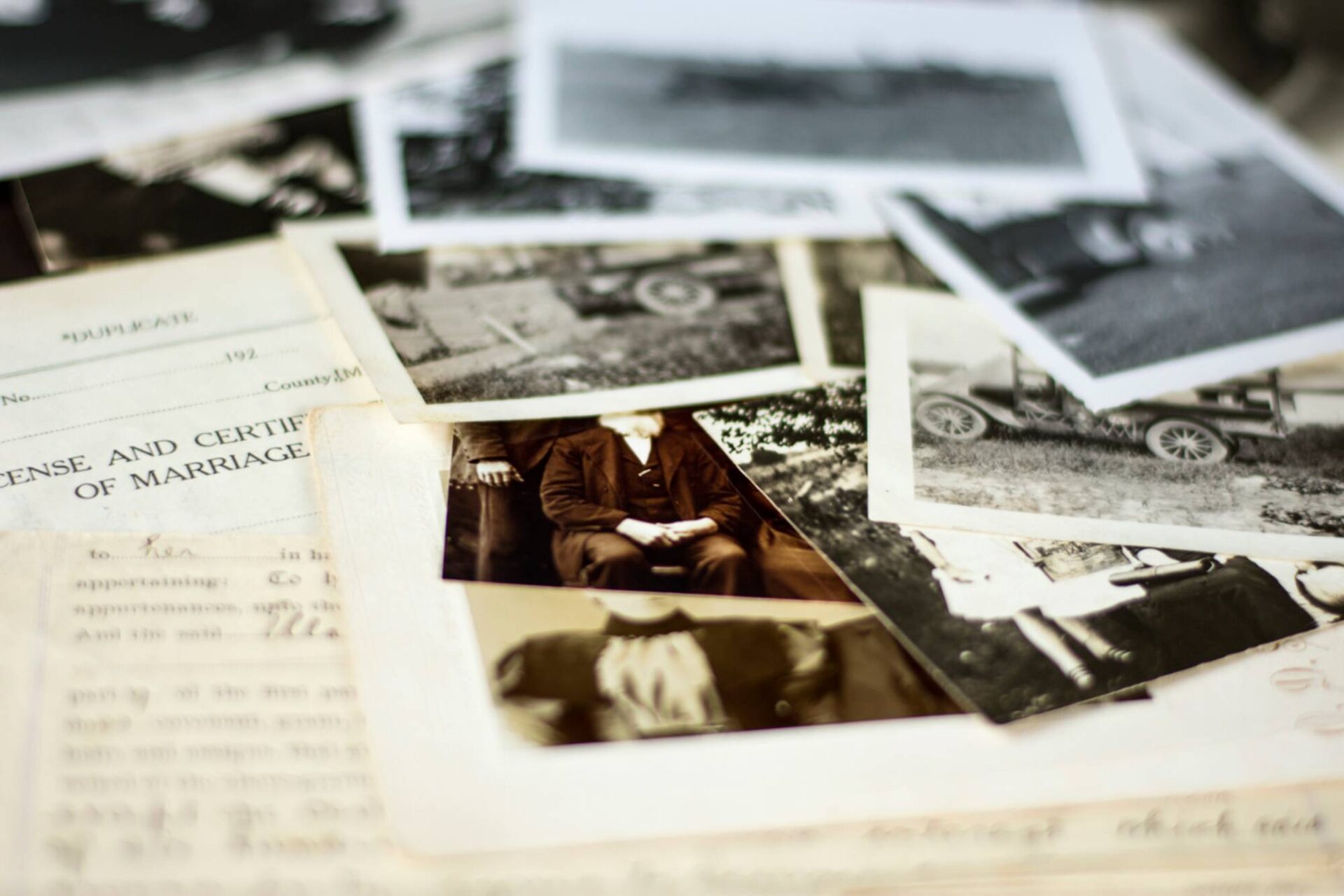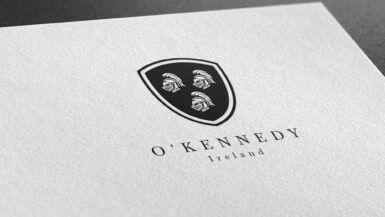The Baird surname has Celtic origins, intricately intertwined with the history of Ireland and Scotland. “Baird” is believed to have originated from the Gaelic term “bard” or “bardd,” which translates to “poet” or “minstrel.” It is a fitting origin, considering the rich oral traditions of Celtic culture.
Etymology and Meaning
The name Baird, linked to the term “bard,” suggests an ancestral occupation connected with storytelling, poetry, or singing. Bards were respected figures in ancient Celtic societies, often attached to noble households, chronicling the tales and achievements of their patrons and providing entertainment.
Earliest Known Usage
The Baird name can be traced back to ancient Scotland and Ireland, with early references dating as far back as the 11th century. Over time, the name found its way into various historical documents, showcasing the family’s influence and spread.
Geographic Distribution
While Baird has strong Scottish roots, especially in Lanarkshire, the name also found resonance in Ireland, particularly in the northern counties. This dual heritage has given the Baird surname a diverse cultural backdrop.
Original Geographic Location
Historically, the Baird name has its strongest roots in Lanarkshire, Scotland. However, Ireland, especially counties Antrim and Derry, also became significant strongholds for the Baird family.
Migration Patterns
Migration during the 17th and 18th centuries saw many Bairds leave Ireland for the New World, particularly North America. This movement was prompted by a combination of religious persecution, economic hardships, and later, the effects of the Great Famine. These migrations expanded the Baird footprint to countries like the USA, Canada, Australia, and New Zealand.
Historical Context
Notable Historical Events
From medieval clan conflicts in Scotland to political struggles in Ireland, the Bairds have been part of several pivotal historical events, representing both their warrior spirit and their commitment to justice and community.
Involvement in Key Moments in History
Given their widespread presence and significant numbers, members of the Baird clan would have been involved in various capacities during key moments in Irish and Scottish history. This includes participation in rebellions, wars, and social movements.
Notable Irish Bearers of the Surname
Famous Individuals
- James Baird (1802-1876): Although more associated with Scotland, James Baird, the famous industrialist known for his advancements in the iron and steel industries, had deep connections to Irish communities, furthering economic ties between the two regions.
Influential Figures
While many Bairds have made their mark in various fields globally, it is their collective contribution to society, whether in arts, politics, or community service, that stands out. The spirit of the bard – the storyteller, the keeper of memories – continues to shine through.
Variations of the Surname
Spelling Variations
Over the centuries, variations in the Baird name have emerged, influenced by regional dialects, phonetic spellings, and other factors. Common variations include “Bard,” “Bairde,” “Bairds,” and “Beard.”
Regional Differences
While “Baird” is the most commonly recognized form, some regions, especially those with distinct languages or dialects, might have their unique variations or pronunciations.
Current Statistics and Distribution
Frequency and Global Distribution
Today, the Baird name is globally recognized, with significant populations in the UK, the US, Canada, Australia, and New Zealand. The name remains a symbol of pride, especially among those who are aware of its ancient and honorable origins.
Changes Over Time
While the Baird name has evolved and spread globally, its core essence remains unchanged. It symbolizes a legacy of storytelling, resilience, and a deep connection to Celtic roots.
Family Coat of Arms
The Baird family coat of arms is traditionally represented by a red shield featuring a boar’s head in the center. The boar, in heraldic traditions, signifies bravery, perseverance, and resilience. Above the shield, the crest often showcases an outstretched hand holding a sword, symbolizing justice and military honor.






Leave a reply